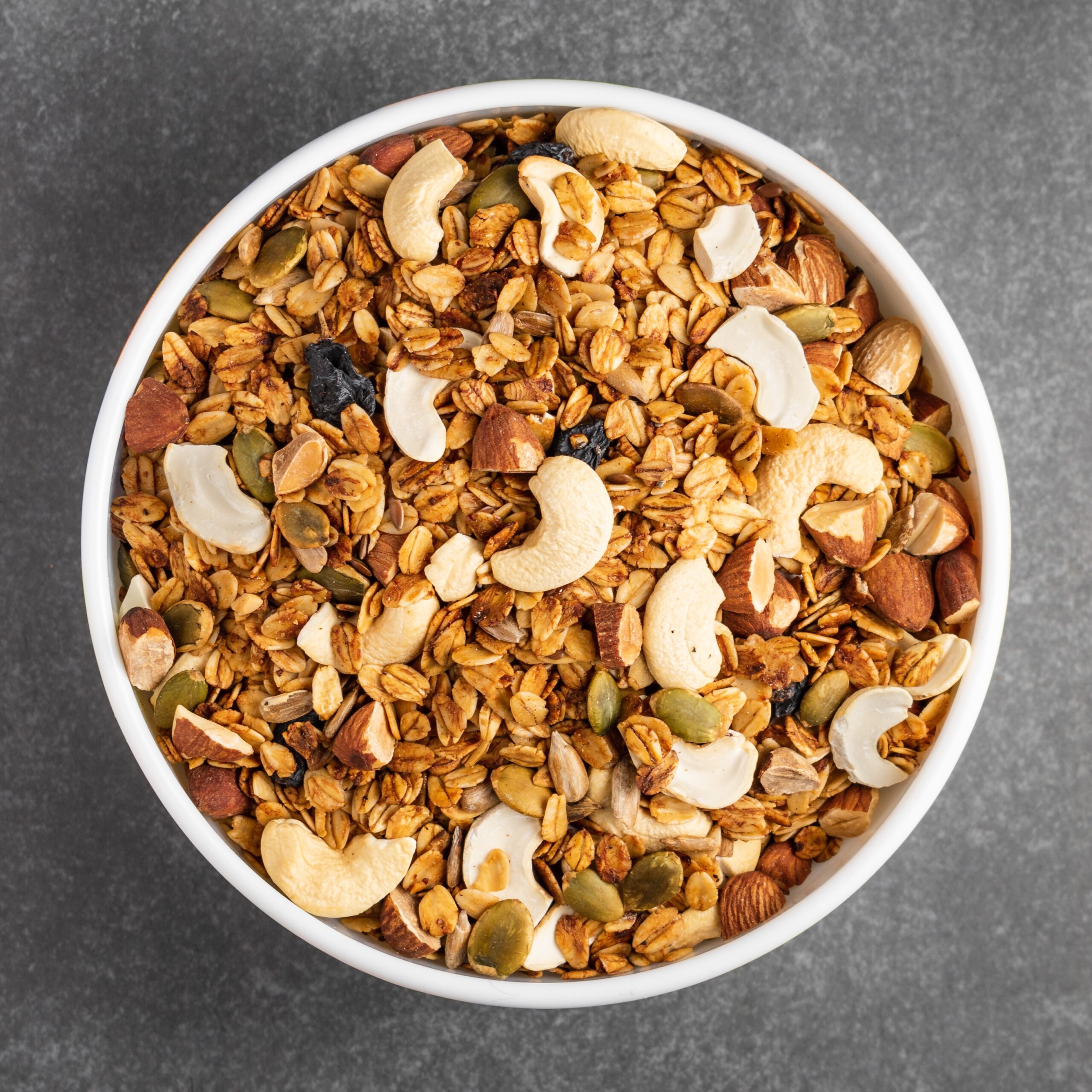
Fiber is a powerhouse when it comes to your health and it’s a strong contender in the weight loss field too. A high-fiber diet bucks the trend for low-carb dieting, but it has so many benefits, you would be crazy to pass it by. Fiber helps to keep you feeling fuller for longer and is associated with nutritious foods that are rich in vitamins and minerals. High-fiber foods are also foods that relieve constipation and promote better bowel health, helping you to feel great inside and out.

What is fiber?
Fiber is a complex carbohydrate that comes from plant-based sources, it takes a long time for the body to break fiber down (if at all). Fiber comes in two types soluble and insoluble.
Soluble fiber, as the name suggests, dissolves in water and forms a gel-like substance that promotes satiety and slows gastric emptying – this will keep you feeling fuller for longer. Soluble fiber also reduces cholesterol levels, reduces insulin resistance, and works to reduce chronic inflammation and metabolic disorders.
Insoluble fiber is fiber that is not water-soluble and is difficult for the body to break down. Some insoluble fiber may pass through your digestive system completely undigested. This type of fiber also attracts water to the colon and bulks your stools, allowing you to pass them easily. This is why fiber is one of the best foods for constipation and good bowel health.
Fiber can be found in fruits and vegetables and grains and cereals. We usually find both soluble and insoluble fiber together in varying amounts.
How can a high-fiber diet help you lose weight?
The gel-like substance formed from soluble fiber slows the emptying of your gut. This means that food travels through the digestive system slowly, leaving you feeling fuller for longer.
Insoluble fiber adds bulk to your food and is difficult to digest. This partial or non-digestion of insoluble fiber usually means very little energy is released from food so your stomach feels full with little calorie consumption.
Fibre has also been shown to reduce insulin resistance. Complex carbohydrates take longer to digest than simple carbohydrates. This results in a slower release of energy, which promotes a steady and controlled release of insulin rather than the spikes associated with sugar and refined carbohydrate consumption.
When it comes to weight loss, vegetables are by far one of the lowest calorie, high-fiber options. They are also nutrient-dense providing you with valuable vitamins and minerals. If you are looking to lose weight, focus on including lots of vegetables every day.
What are the health benefits of a high-fiber diet?
- Weight regulation and healthy BMI
- Reduced cholesterol
- Improved cardiovascular health
- Good bowel health
- Reduction in chronic inflammation and metabolic syndrome.
- Healthy gut microbiome
If you would like to read more about the science behind fiber and health, check out the following article found on National Centre for Biotechnology Find out more about the science behind fibre and health here.
How can I eat more high-fiber foods?
Fiber is found in fruits and vegetables, cereals, and grains. Avoid eating processed versions of these foods and try to cook these fast or eat them raw if you can.
Great examples of high-fiber foods:
- Oats and cereals.
- Raw vegetables for snacking and cooked vegetables (quick cook as cooking breaks down fiber).
- Multi-vegetable salads.
- Fruit salad and whole fruits.
- Wholegrains such as bulgar wheat, brown rice, buckwheat, and barley.
- Wholegrain crackers.
- Beans and pulses.
- Nuts.
- Baked potato.
- Vegetables.
- Avocado.
Now that you are aware of the amazing health benefits of a high-fiber diet and how it can help you manage your weight, you can see why these foods form the foundation of any great healthy eating program. If you are not currently eating many of these foods, it is a good idea to increase them gradually, as a sudden increase in fiber can be a shock to the digestive system, which may cause you more frequent trips to the bathroom. This may seem like a great thing if you have been looking for foods that help with constipation, but you may not want too much too soon. Take your time and find the high-fiber foods you like most to create your healthy eating plan.
